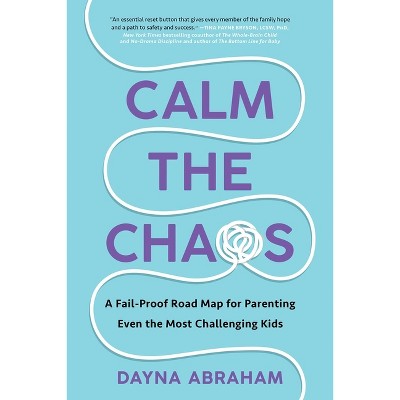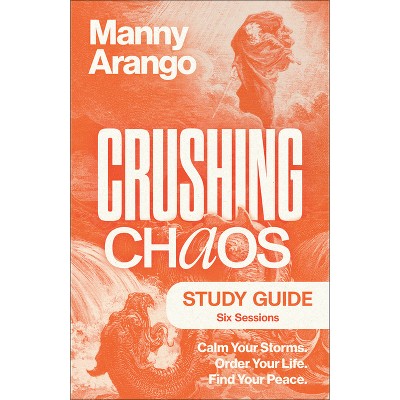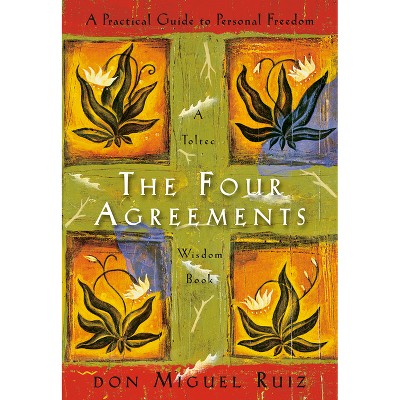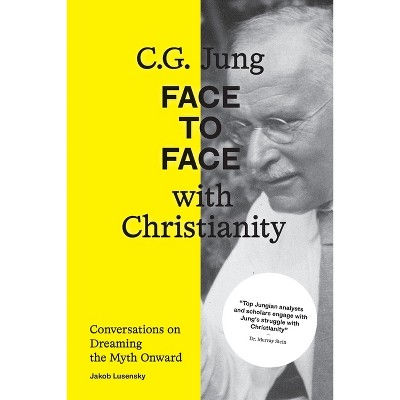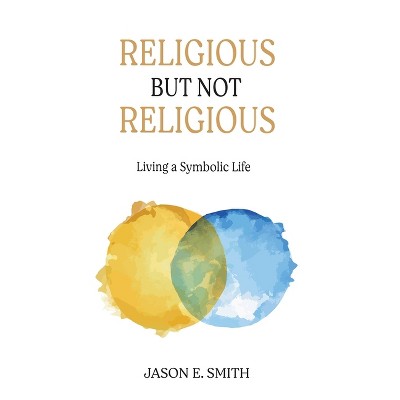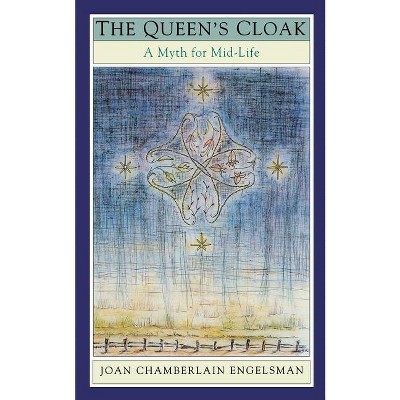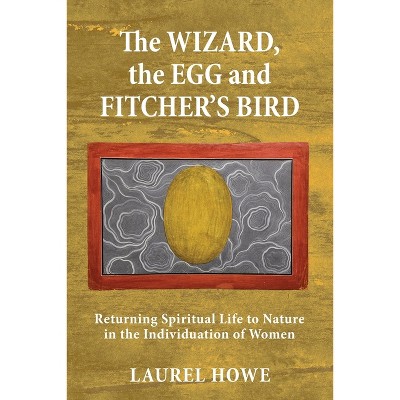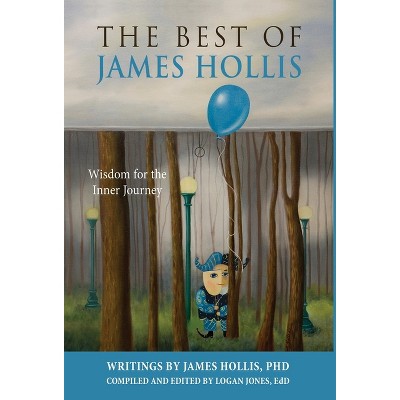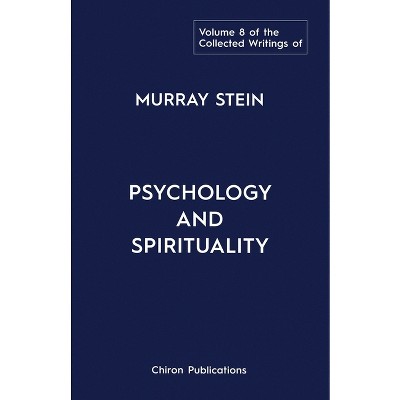Sponsored

'Two Souls Alas' - by Mark Saban (Paperback)
In Stock
Sponsored
About this item
Highlights
- In his memoir, Memories Dreams Reflections, Carl Jung tells us that, as a child, he had the experience of possessing two personalities.
- Author(s): Mark Saban
- 266 Pages
- Psychology, Movements
Description
About the Book
"In his memoir, Memories Dreams Reflections, Carl Jung tells us that, as a child, he had the experience of possessing two personalities. 'Two Souls Alas' is the first book to suggest that Jung's experience of the difficult dynamic between these two personalities not only informs basic principles behind the development of Jung's psychological model but underscores the theory and practice of Analytical Psychology as a whole. Mark Saban suggested that what Jung took from his experience of inner division was the principle that psychological health depends upon the avoidance of one-sidedness - a precept that underpins Jung's seminal notion of individuation. In practice, this process requires again and again that any one-sided position, approach or belief is brought into tension with a conflicting 'opposite' position, in order that a third position can be achieved which transcends both of the earlier positions. In the second part of the book, Saban takes up this principle and uses it to perform an internal critique on Analytical Psychology as enshrined in Jung's Collected Works. He suggests that in certain arenas Jung's personal one-sidedness - specifically his persistent tendency to prioritise the inner dimension of psychological work, and to downplay or ignore the outer dimension - undermined Jung's capacity to fully follow through the 'logic' of the two personalities. Saban argues that, as a result, Analytical Psychology has failed to find a stance from which it can creatively engage with political, social and historical matters. This book opens up a new direction for post-Jungian psychology, and indicates some ways in which, by following the logic of the two personalities, the one-sidedness that has long shadowed Jungian psychology can begin to be corrected"--Book Synopsis
In his memoir, Memories Dreams Reflections, Carl Jung tells us that, as a child, he had the experience of possessing two personalities. 'Two Souls Alas' is the first book to suggest that Jung's experience of the difficult dynamic between these two personalities not only informs basic principles behind the development of Jung's psychological model but underscores the theory and practice of Analytical Psychology as a whole.
Mark Saban suggested that what Jung took from his experience of inner division was the principle that psychological health depends upon the avoidance of one-sidedness - a precept that underpins Jung's seminal notion of individuation. In practice, this process requires again and again that any one-sided position, approach or belief is brought into tension with a conflicting 'opposite' position, in order that a third position can be achieved which transcends both of the earlier positions.
In the second part of the book, Saban takes up this principle and uses it to perform an internal critique on Analytical Psychology as enshrined in Jung's Collected Works. He suggests that in certain arenas Jung's personal one-sidedness - specifically his persistent tendency to prioritise the inner dimension of psychological work, and to downplay or ignore the outer dimension - undermined Jung's capacity to fully follow through the 'logic' of the two personalities. Saban argues that, as a result, Analytical Psychology has failed to find a stance from which it can creatively engage with political, social and historical matters.
This book opens up a new direction for post-Jungian psychology, and indicates some ways in which, by following the logic of the two personalities, the one-sidedness that has long shadowed Jungian psychology can begin to be corrected.
Review Quotes
"In 45 years inhabiting the Jungian field, I've found very few books to be game changers. This is one. You think at first it is going to begin in Jung--and end in Jung! Same old same old. But it doesn't take long to realise that what we actually have here ends in a masterly rejig of Analytical Psychology that bears the hallmarks of an original mind, a brave soul, and a terrific writer. Never mind that Saban ruffles your Jungian feathers! It is vital that all serious analysts and scholars get into this material as quickly and as deeply as possible."
-Andrew Samuels, Author Of Jung And The Post-Jungians; Former Professor Of Analytical Psychology, University Of Essex
Shipping details
Return details
Frequently bought together

Trending Non-Fiction





